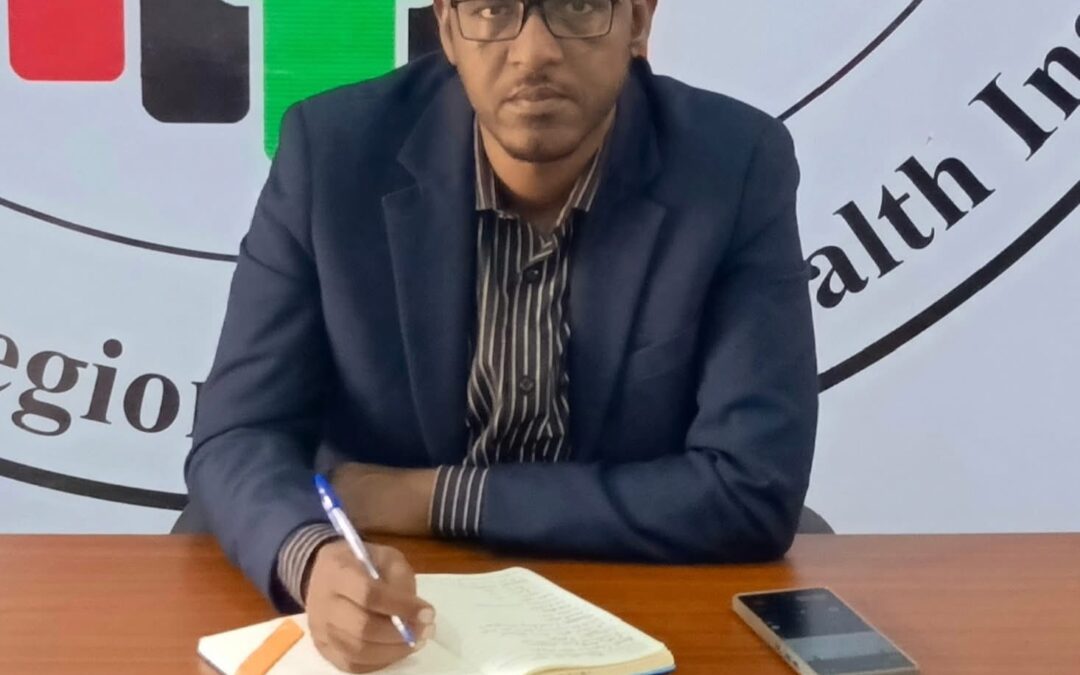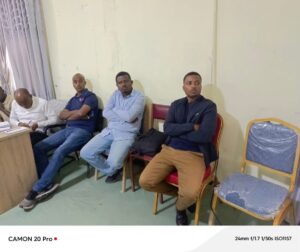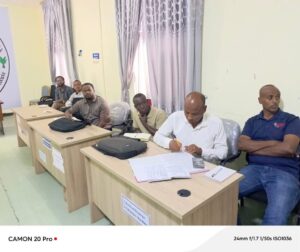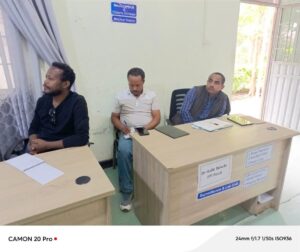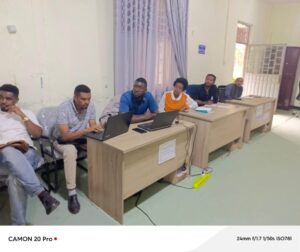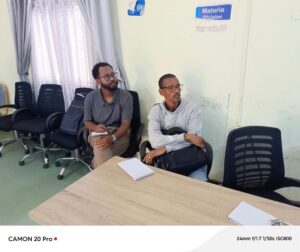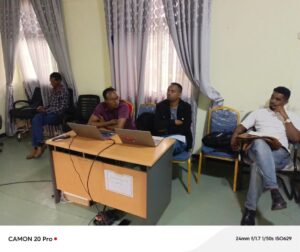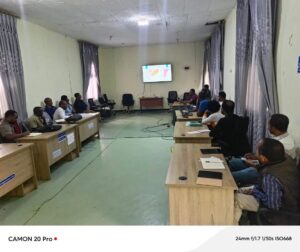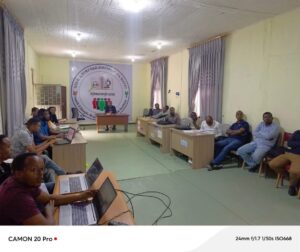 ወቅቱ የወባ በሽታ የሚጨመወርበት በመሆኑ የሕብረተሰቡን ተሳትፎ ና ባለቤትነት በማረጋገጥ ስርጭት ለመግታት የተጀመረዉ ሁሉ አቀፍ ጥረት ተጠናክሮ መቀጠል አለበት —አቶ አጉኔ አሾሌ
ወቅቱ የወባ በሽታ የሚጨመወርበት በመሆኑ የሕብረተሰቡን ተሳትፎ ና ባለቤትነት በማረጋገጥ ስርጭት ለመግታት የተጀመረዉ ሁሉ አቀፍ ጥረት ተጠናክሮ መቀጠል አለበት —አቶ አጉኔ አሾሌ
Strengthening Community-Led Malaria Prevention Efforts Ahead of Peak Season
Jinka, Southern Ethiopia — As the malaria transmission season approaches, the Director General of the Southern Ethiopia Regional Public Health Institute (SERPHI), Mr. Agune Ashole, emphasized the urgent need to sustain and intensify community-driven efforts to curb the spread of the disease.
Speaking during the 41st Regional Public Health Institute (RPHI) review session, which assessed the implementation of Public Health Emergencies Monitoring and Evaluation (PHEM) activities at the Emergency Operations Center (EOC), as well as the ongoing Integrated Accelerated Mini Catch-Up Vaccination Campaign, Mr. Ashole called on all stakeholders to take active roles in the fight against malaria.
“Malaria poses a serious threat during the main transmission season, from September to December,” he stated. “Comprehensive efforts must continue, with strong community participation and ownership at the center.”
Mr. Ashole highlighted several key strategies to mitigate the impact of malaria, including:
- Organizing awareness-raising campaigns
- Strengthening surveillance and control measures
- Mobilizing communities to clean their surroundings
- Draining stagnant water and wetlands that serve as breeding grounds for mosquitoes
He urged leadership at all levels to coordinate closely with stakeholders and lead prevention efforts in a structured and proactive manner.
In addition, Mr. Ashole stressed the importance of improving the implementation of the Integrated Accelerated Mini Catch-Up Vaccination Campaign by addressing weaknesses in identified structures and aligning efforts with broader public health initiatives, particularly malaria response activities.
The Southern Ethiopia Regional Public Health Institute remains committed to safeguarding public health through coordinated action and community engagement.

